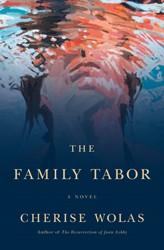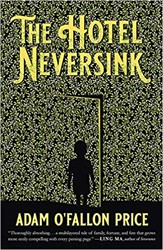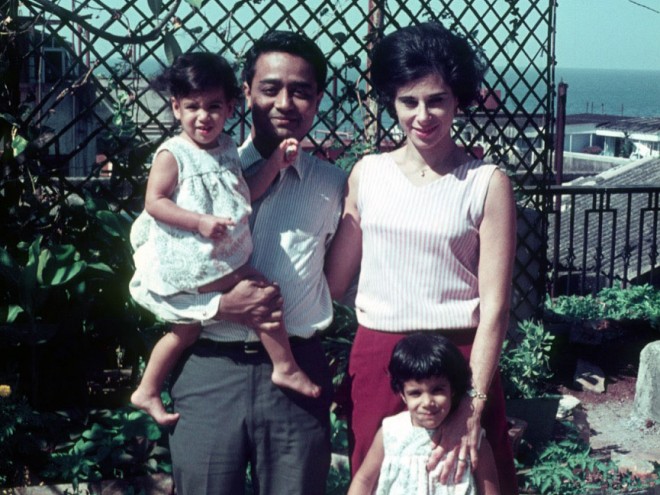The dysfunctional family has always held a beloved place in literature. Its roots travel as far back as Shakespeare, tear up the pages of Tolstoy, and enthrall us in Jane Eyre. Stunted families are what encapsulate much of Philip Roth’s work and are surely the foundation of J.D. Salinger’s Glass family; they are the make-up of Jesmyn Ward’s Jojo in Sing, Unburied Sing and Junot Diaz’s Oscar Wao. These voices speak to their unique familial experience and remind us of ourselves. Andrew Ridker’s debut novel is engrossing and engaging — there’s also tons of ineffective empathy to go around.
The Altruists holds many of those fun ingredients that Jonathan Franzen offered up in The Corrections, written almost twenty years ago now: black comedy, aging parents in middle America and disconnected siblings with their own foibles, living bleary-eyed in disparate environments. Yet unlike Franzen, The Altruists begins at the end of a tragedy. From the very first page we learn that the matriarch, Francine Alter, has been dead for two years. A marriage counselor and wife to Arthur Alter, mother to Ethan and Maggie, Francine died in St. Louis, where the family relocated when her husband took a teaching position at Danforth College. There is also the matter of Francine’s money, which was invested wisely and set aside exclusively for her children. The message of money seems simply that each member of the family seeks to be altruistic, for reasons they can’t entirely explain, but in the process of giving selflessly they end up hurting either themselves or others.
As for the children, young Maggie lives in Queens, babysitting in the hopes of bettering herself in the process. She struggles with her own eating disorder and at one point thinks of her privilege and determines that, “it was the duty of those for whom life was easy to impose difficulty on themselves before they rotted from the inside out.” Alternatively, her elder brother, Ethan, has cloistered himself in a high-end Brooklyn neighborhood where he runs up credit card debt purchasing housewares at various home goods stores.
A large chunk of Ridker’s novel spans Arthur’s life as a young, ambitious, and benevolent man, hatching the idea to create “sturdy, sanitary, low-cost outhouses across the Zimbabwean countryside.” In the second half we glimpse Francine, growing up in Ohio where her mother assembles the family in the kitchen on Shabbat, lighting the candles and praying in Hebrew; specifically, how Francine looked forward to the High Holy Days “when her mother acted with the utmost kindness.” Ridker indicates that this was the moment in Francine’s adolescence when she, like the young Arthur, and later her daughter, become “preoccupied with fairness” questioning why one family has more than another.
The result of Andrew Ridker’s family cross-section is truly splendid. It is a fun and entertaining exploration of love and kindness, and how generosity, even presented in its finest hour, is not spared its own, very unique and untidy flaws.
Wendy Ruth Walker is currently enrolled in the M.A. Writing Program at Johns Hopkins University as well as the Bennington MFA Writing Seminars. She was a former editor at Simon & Schuster in New York as well as a contributing writer to Stop Smiling Magazine. She currently acts as an editorial consultant.





